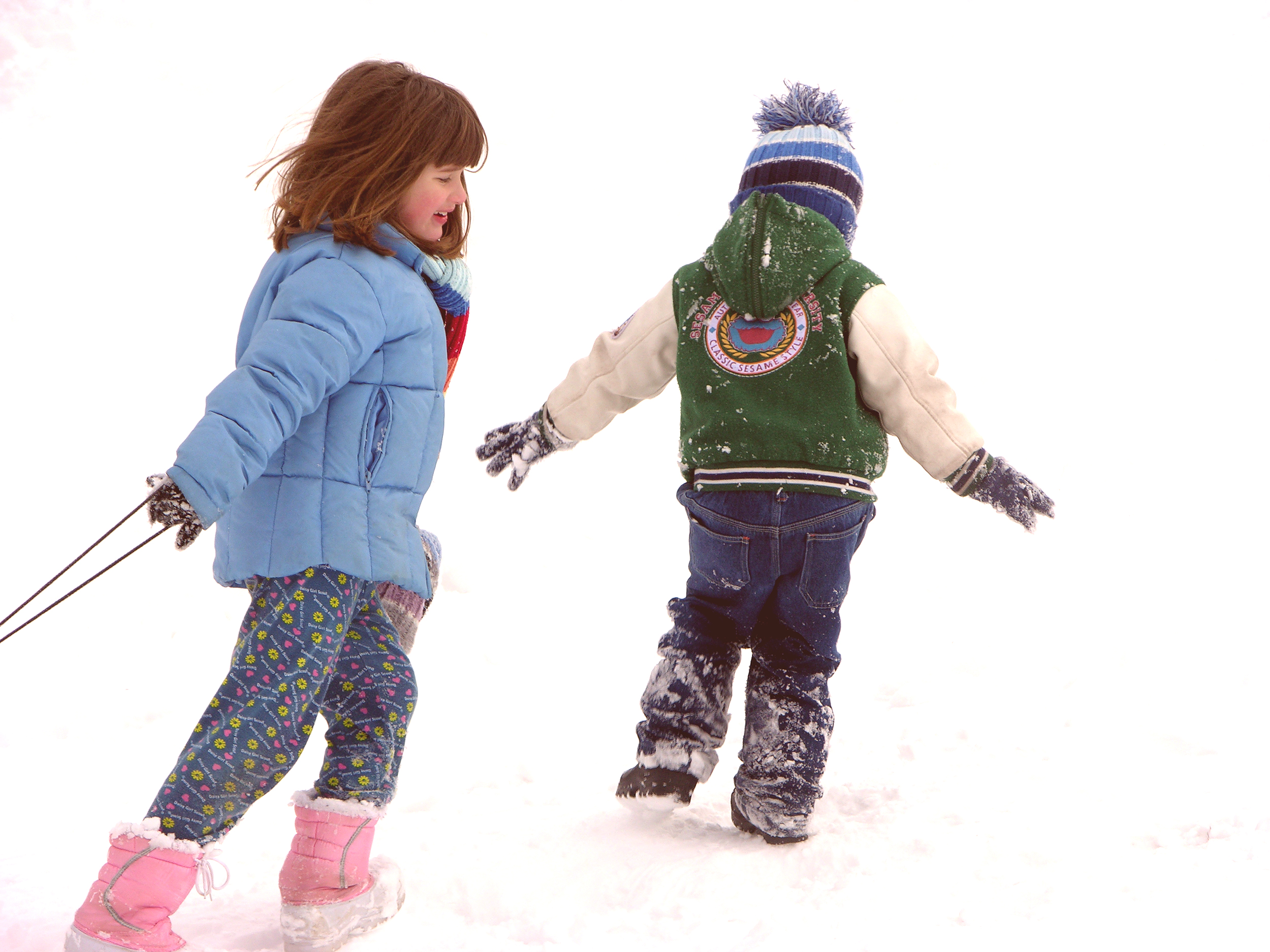1. Watch this:
I’ve been looking for so long to find a video illustration of “flow.” Here it is: a kid’s first big ski jump.
[youtube id=”ebtGRvP3ILg” width=”600″ height=”350″]
2. Consider this:
[checklist]
- “X is just a bigger / longer Y.” Your skills are often more scalable and transferrable than you think. If you could jump off a 20-meter ski-jump, you’ve got some skills to prepare you for a 65. If you could order a coffee in an airport restaurant, you’ve got a bit of what it takes to get through a dinner party. And if you’ve listened to some podcasts and radio shows, you’ve gone some way towards understanding announcements, lectures and jokes. Not all the way (that’s why the fear is there). Some way.
- “The longer you wait, you’ll be more scared.” There’s never going to be a perfect time for something big, scary and important. There’s always another piece of preparation to attend to, another excuse to stall and postpone, another day to think about something else instead. But as you’re doing this – avoiding a series of difficult emails to a Spanish client, declining your friend’s invitations to a German evening class, postponing your pronunciation practice before your exams – there’s something else happening. You’re feeding your fear. And it grows. There are people out there who fear every moment of contact with a foreign language. Almost all of them are middle-aged and have been listening to their scared self for too long.
- “It’s just the suspense…that freaks you out.” The most insecure and fear-inducing moments – in ski-jumping, horror movies and language learning – are those in which nothing happens…yet. Just before your first real conversation in Chinese. Days before your French exam. Hours before your presentation. Doing the thing itself – that’s actually fun, engaging and motivating. Not to mention – memorable. Use this to your advantage. Ski-jumpers have a technique of “playing” the jump mentally in their heads, imagining the motions and stages of a well-performed jump. This allows them to focus on good performance, and not on the trivial facts such as “I’m going to be in the air for 220 friggin’ meters.” You can do it to. Imagine success, visualise your perfect performance – and ignore the doubts.
[/checklist]
Answer this:
What can you do – tomorrow, next week, every day – to feel like that girl, even if for 90 seconds, when learning languages? How can you bring the flow back into your learning- how will you seek out the fear, identify new challenges, pick out new fights?
If you won’t – or don’t want to – watch the video again. You’re missing out on something that could feel just as good.
Wiktor (Vic) Kostrzewski (MA, DELTA) is an author, translator, editor and project manage based in London. When he works, he thinks about languages, education, books, EdTech and teachers. When he doesn’t work, he probably trains for his next triathlon or drinks his next coffee.
BRAVE Learning (formerly known as 16 Kinds) is a lifelong learning and productivity blog. If you enjoy these posts, please check out one of my books and courses.
My recent publications, and my archive, is now all available on my new project: PUNK LEARNING. Hope to see you there!

